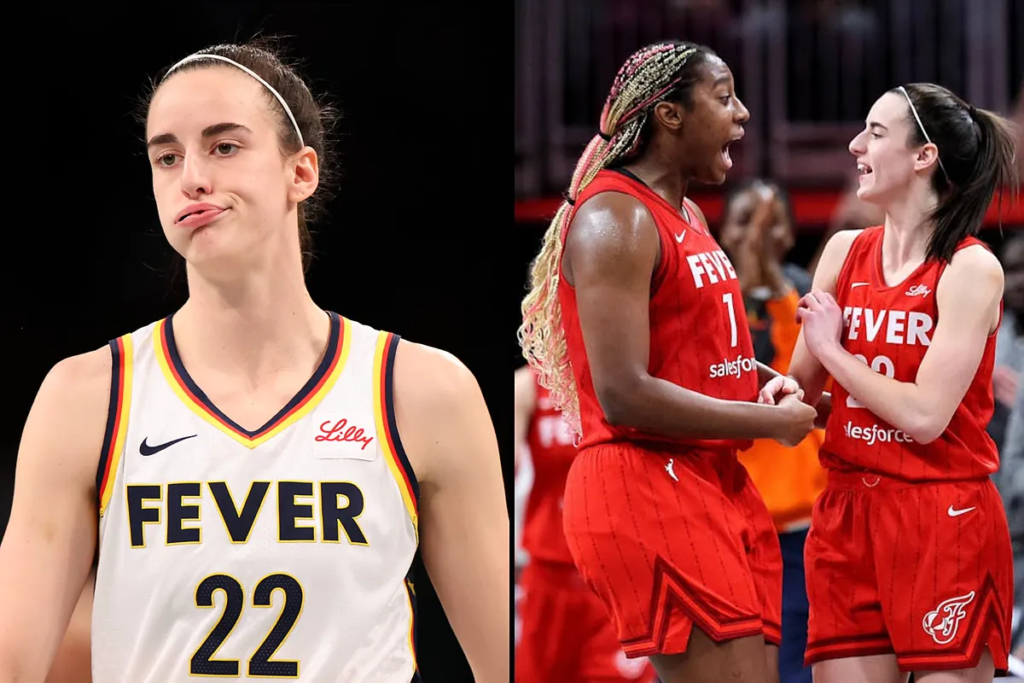The recent game between the Indiana Fever and the Connecticut Sun descended into total pandemonium: five technical fouls, three ejections, two flagrant fouls, and a colossal mess. One of the technicals was upgraded to a flagrant foul, triggering a chain of chaotic events that felt like two separate incidents unfolding at once.
But the real issue isn’t just that one game. It highlights deeper structural problems the league must urgently address. The focus shouldn’t just be on how Caitlin Clark’s opponents defend her-it’s about the WNBA needing officiating that is fair, balanced, consistent, and equitable across the board.
Complaints About WNBA Officiating Go Beyond Caitlin Clark
It’s common-very common-for players to express frustration with refereeing decisions. From their perspective, calls are rarely fair. There’s always a but, always a sense that they’re being unfairly targeted or that the opposing team is being favored.
This context matters when looking at what happened on Tuesday night between the Fever and the Sun. The officiating was inconsistent for both teams, and it reflects the current state of refereeing in the WNBA. Unfortunately, this wasn’t an isolated incident.
“When the officials don’t get control of the ball game, when they allow stuff to happen, and it’s been happening all season long … this is what happens,”Fever coach Stephanie White told reporters after the game on Tuesday.
You’ve got competitive women, who are the best in the world at what they do, right? And when you allow them to play physical, and you allow these things to happen, they’re going to compete.
The incident in question occurred in the third quarter during a play involving Caitlin Clark and Jayce Sheldon. Sheldon struck Clark in the face while defending her on the perimeter. Moments later, Marina Mabrey took Clark down in what appeared to be a retaliatory move.
Sheldon was assessed a flagrant foul, while Clark, Mabrey, and veteran Sun center Tina Charles all received technical fouls. Things didn’t end there-Fever guard Sophie Cunningham took matters into her own hands and committed a hard foul on Sheldon in the closing seconds, sparking a skirmish that resulted in three ejections.
All of it could have been avoided had the original flagrant foul been properly called. That single moment of inaction set off a domino effect of increasingly reckless and dangerous plays, culminating in an ugly and regrettable spectacle.
This game had tension written all over it from the beginning. The referees should have set a firm tone from the opening whistle, enforcing the rules more rigorously. By doing so, they could have better controlled the physicality and tempered the more volatile moments. Instead, they let the situation spiral out of control.
What happened Tuesday night between the Fever and the Sun was embarrassing. But the core issue lies within the WNBA itself. The league must reevaluate its officiating system-how referees are trained, how they’re paid, and how they’re held accountable. Only by addressing these systemic flaws will we begin to see the level of officiating that the athletes-and the game-deserve.
Read the full article here

